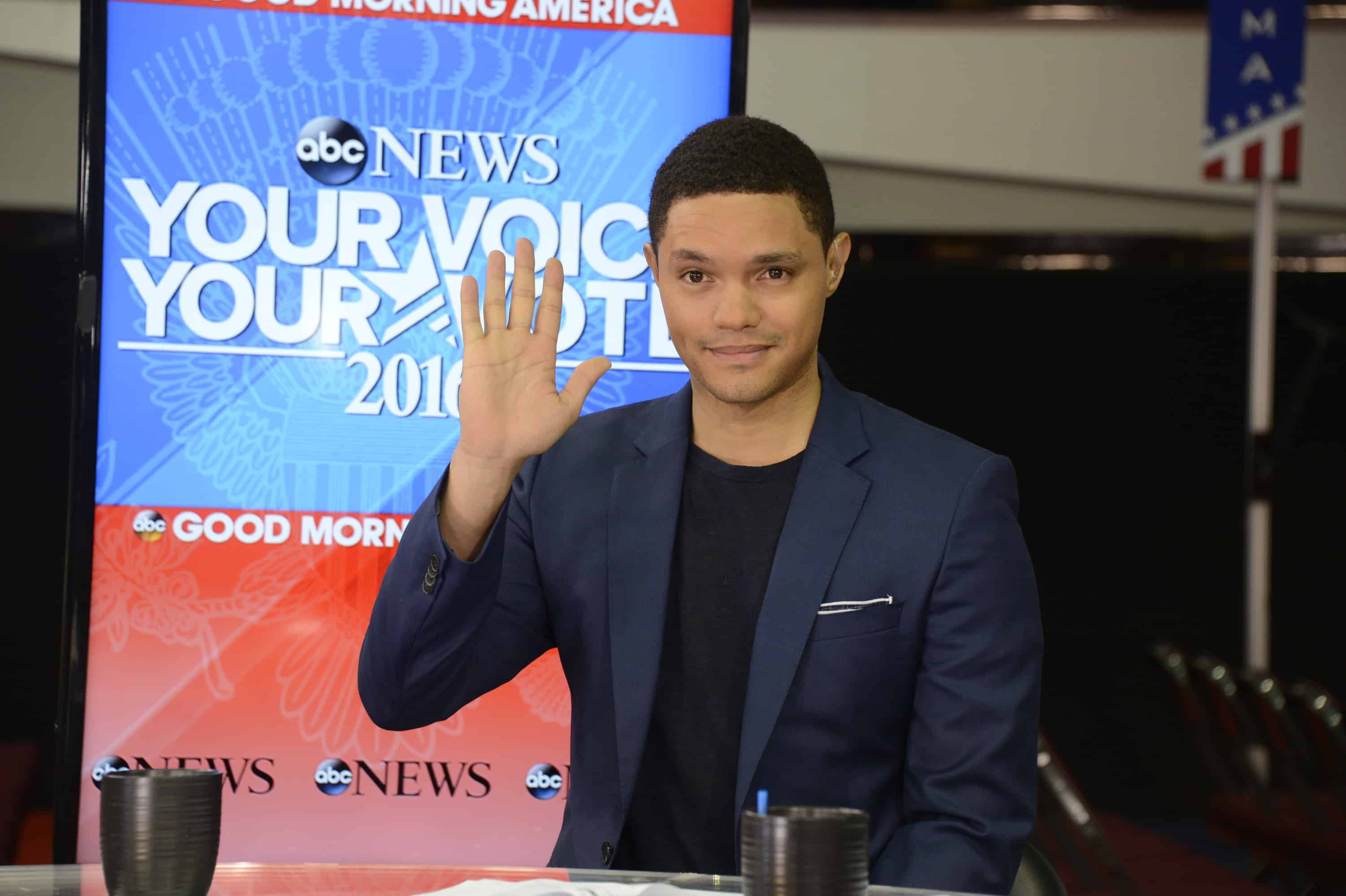When Jon Stewart announced that Trevor Noah was going to take over The Daily Show in fall of 2015, my first reaction was “who the heck is Trevor Noah?” He wasn’t a regular correspondent so I wasn’t too familiar with him. And, not being too eager to overdo my election news intake, I haven’t really been a regular viewer of the show. This past November, however, I heard that he had released a memoir, “Born a Crime”, and I love a good memoir by a comedian.1 So, I went to library and got on the waiting list for the e-book without knowing much about the book or Trevor Noah’s life.
The Daily Show has relied on humor and sarcasm to make a point, mainly about our political system. As Stewart pointed out on his last day of host, the show is primarily a war on bulls—,2 and Noah emphatically vowed to continue3 that war on his first day as host. Would this book, I wondered, continue that fight with the same sense of humor that helped The Daily Show’s cultural impact?
Yes. But about the politics of another country. “Born a Crime” is an authentic look at his life growing up in South Africa during the waning days of apartheid and the years following its fall. The title of the book comes from the fact that his mother had a child with a white man, which was illegal in South Africa.4 Trevor Noah’s life is the result of a crime, even though it was between two consenting adults. Sounds like bulls— to me.
From the moment of his conception, Noah’s life has been affected by apartheid, the system of laws in South Africa that repressed the much-larger black population in order to keep the minority whites in power. Noah does an admirable job conveying his lived experience, as well as the experience of his family, living under this oppressive system. Some stories are gut-wrenching and unforgettable. In one, when Noah was five or six and being watched by his grandmother he was not allowed to go outside and play with his cousins. When he pleaded to go outside she firmly said “No! They’re going to take you!” Noah explains:
For the longest time I thought she meant that the other kids were going to steal me, but she was talking about the police. Children could be taken. Children were taken. The wrong color kid in the wrong color area, and the government could come in, strip your parents of custody, haul you off to an orphanage.
His, and South Africa’s, history comes alive through stories, and Noah’s tragicomic stories have a special power to explain history and move hearts. The reader comes to understand what it was like growing up at the end of apartheid not through facts and figures, but through the experience of a young boy and his family. This is an effective way to fight the war on bulls—.5
Besides unpacking apartheid, Noah probes his relationship with his mother and his mother’s experiences. His mother is presented as strong, independent, smart, and deeply religious. Noah tells a great anecdote of her mother finding a career:
True to her nature, she found an option that was not among the ones presented to her: She took a secretarial course, a typing class. At the time, a black woman learning to type was like a blind person learning how to drive. It’s an admirable effort, but you’re unlikely to ever be called upon to execute the task.
She does end up using this skill and with some success, including managing her husband’s business.
It is through this relationship with his mother that we really get to know who Trevor Noah is. He presents it with authenticity, humor, and a deep love for all she did for him, raising him right as a single mother. This is so important because his mother, did not have the right to have him … literally. Not only did she have him, but raised him on her own for the first few years of his life in a time when at any moment she could have ended up in jail for being a mother. For Noah, who’s been an act of protest from the moment he was born, his current gig feels like an extension of the efforts of his mother to raise him.
It is obvious throughout the book that the example of his mother’s life has made Noah who he is today. She has a dynamic and strong personality which Noah inherited. Her faith and her understanding the ridiculousness of Apartheid, and unwavering resilience are the three main examples. If not for the example of his mother’s fight against a system of oppression, would Noah be able to do nightly to a national audience?6
The Daily Show, with Noah as its host, insightful uses humor to point out absurd and hopefully fight back. In “Born a Crime” Noah is allowed to tell a story, his story, his mom’s story, his nation’s story in a way that points out the absurdities but also draws the reader into a relationship. That is how history, not only comes alive, but also remains a part of our lives. And so moved, we are enlisted to join the war on bulls—.
- For further reading: Tina Fey’s “Bossypants”, Martin Short’s “I Must Say”, and Amy Poehler’s “Yes Please”. ↩
- ↩
- ↩
- The Immorality Act of 1927 is written word for word at the beginning of the book. “Any native female who permits and European male to have illicit carnal intercourse with her shall be guilty of an offence and liable on conviction to imprisonment for a period not exceeding four years… ↩
- And perhaps one that more should be using. ↩
- Indeed are there three better skills to help you host a nightly survey of bulls—? ↩


